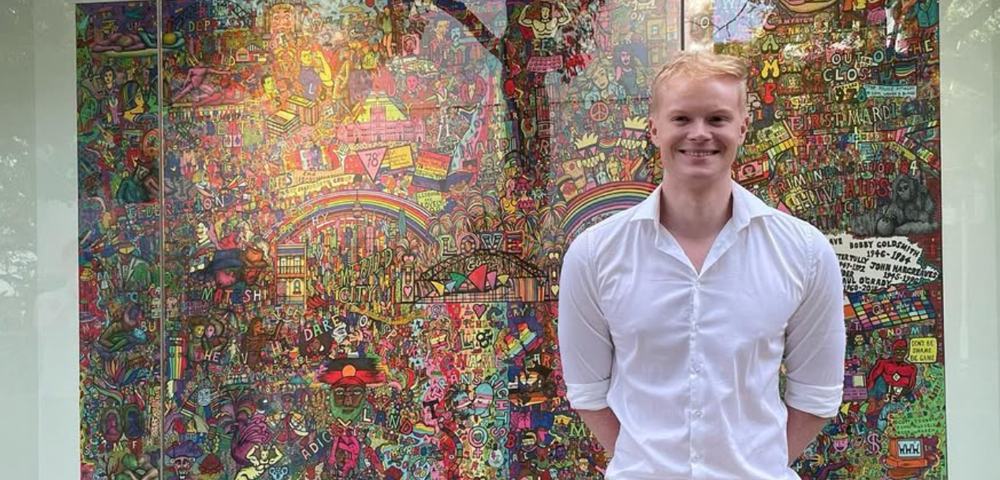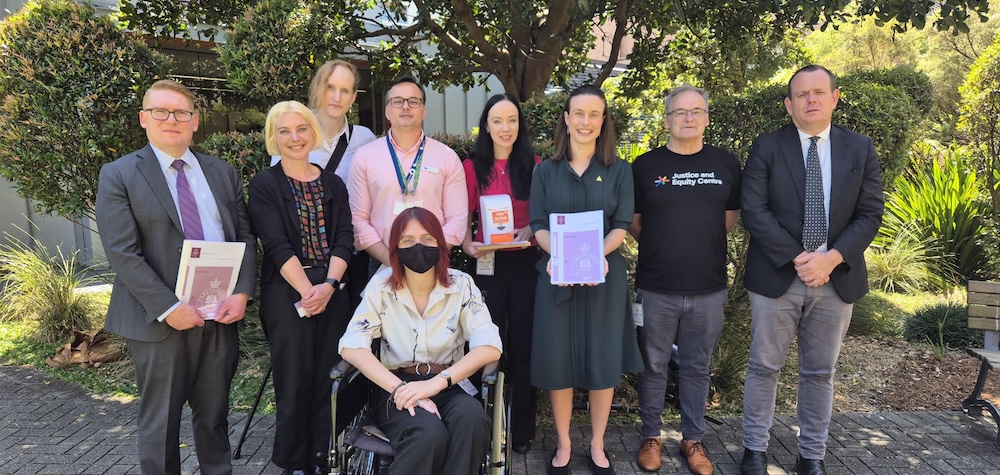


I AM honoured to be in Australia for World AIDS Day 2013 as part of the launch of AIDS 2014, the biggest conference of its kind to ever hit Australian shores.
Is World AIDS Day is a remembrance of the 30 million people who have died of an AIDS-related illness? A celebration of the 30 million who live because of life-saving treatments? Or a reminder that while AIDS may have faded as a news headline, 6,300 people globally still become infected every day?
Of course it is all these things, but this year in Australia they take on special significance.
It is 32 years since the global epidemic began. Australia’s world-leading response to the AIDS crisis has rightly been noted as a global benchmark. So when this nation marked World AIDS Day on December 1, it did so with significance.
Most importantly, December 1 also served as a precursor to Australia’s hosting of the now-biennial International AIDS Conference for the first time. The Melbourne conference, which will take place in July, will be the 20th such conference.
I truly hope as many Australians as possible are able to acknowledge the significance of this global event. Your country has a positive tradition of linking leadership from civil society upwards. It is this unity and cohesion that we need to replicate in the next 30 years of the global response.
Today, AIDS must be recognised not only as a terrible disease, but as one that has shifted social dynamics in every community.
At previous international AIDS conferences, I have looked around the room and noted that only AIDS could possibly bring together so many different people under one banner. No disease has ever triggered such a scale of social transformation.
The lessons we have been forced to learn have broken historic ground on public health and also on social issues. It has changed the way we think about law enforcement, women, transgender people, men who have sex with men, philanthropy, and injecting drug users. It has taught us not only to acknowledge those on the margins of society, but to embrace those who have been cruelly pushed off them.
It has sparked the creation of the Gates Foundation, the Clinton Foundation, and the Global Fund.
This spirit of cooperation and coordination is truly the most important tool we have in our ongoing battle. If we lose it, things could degenerate rapidly.
I was reminded of this recently in Bangkok, where I was attending the International Congress on AIDS in Asia and the Pacific. I noted what I was hearing from activists was a worrying consensus that – with the exception of China, India, Thailand, and Malaysia – Asian governments are still reliant on external assistance. The key question, therefore, was whether these governments would step in if international donors walk out and a funding gap opens. I say the prospects look shaky at best.
Perhaps I should strike a more positive note. After all, the fight against AIDS has earned incredible achievements in just a few decades. But the resounding truth is that progress on HIV and AIDS in the Asia-Pacific has stagnated over the past five years.
Yes, we have made enormous progress and, yes, we have the tools and the knowledge on how to apply them. But if we take, as an example, your close and populous neighbour Indonesia, we can see the epidemic still growing – more rapidly than anywhere else in the region. New infections among men who have sex with men are rising alarmingly, and every fourth HIV-positive person is unaware of their status.
This underlines the missed opportunity for early treatment and raises the question again on how far stigma and discrimination is a block to testing. We must first secure the knowledge that comes from testing and then match it with access to treatment.
That’s why I believe the opportunity this World AIDS Day for your country was an unprecedented one. It allowed a refocusing of the response on the region, and especially on the oft-forgotten Pacific.
Despite the importance of AIDS as a global issue, as a television presenter I know only too well how hard it can be for journalists to adequately cover it.
So many other crises jostle constantly for our attention: the political protests in the Middle East, constantly emerging security threats, plus an economic slowdown that won’t go away.
Yet World AIDS Day 2013 and the 2014 International AIDS Conference in Melbourne will provide our region with an important opportunity to retrain our focus. We should seize it.









